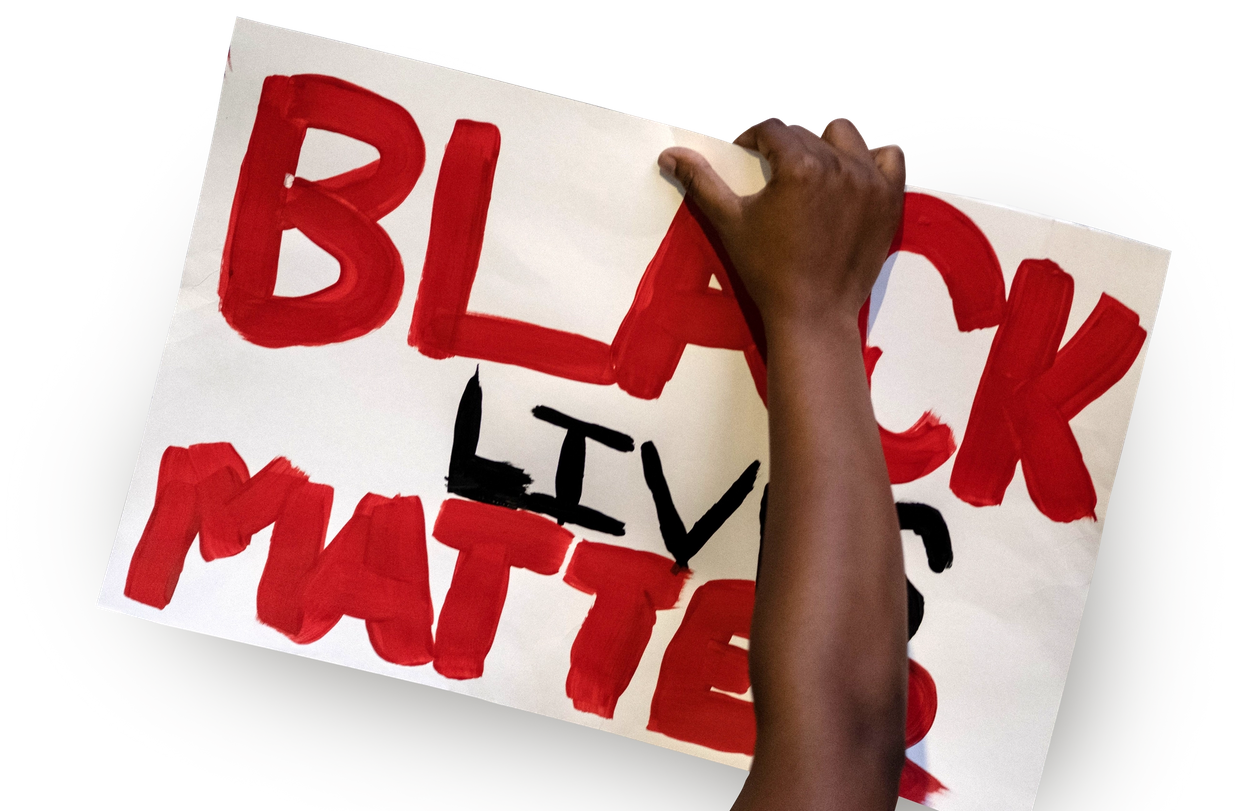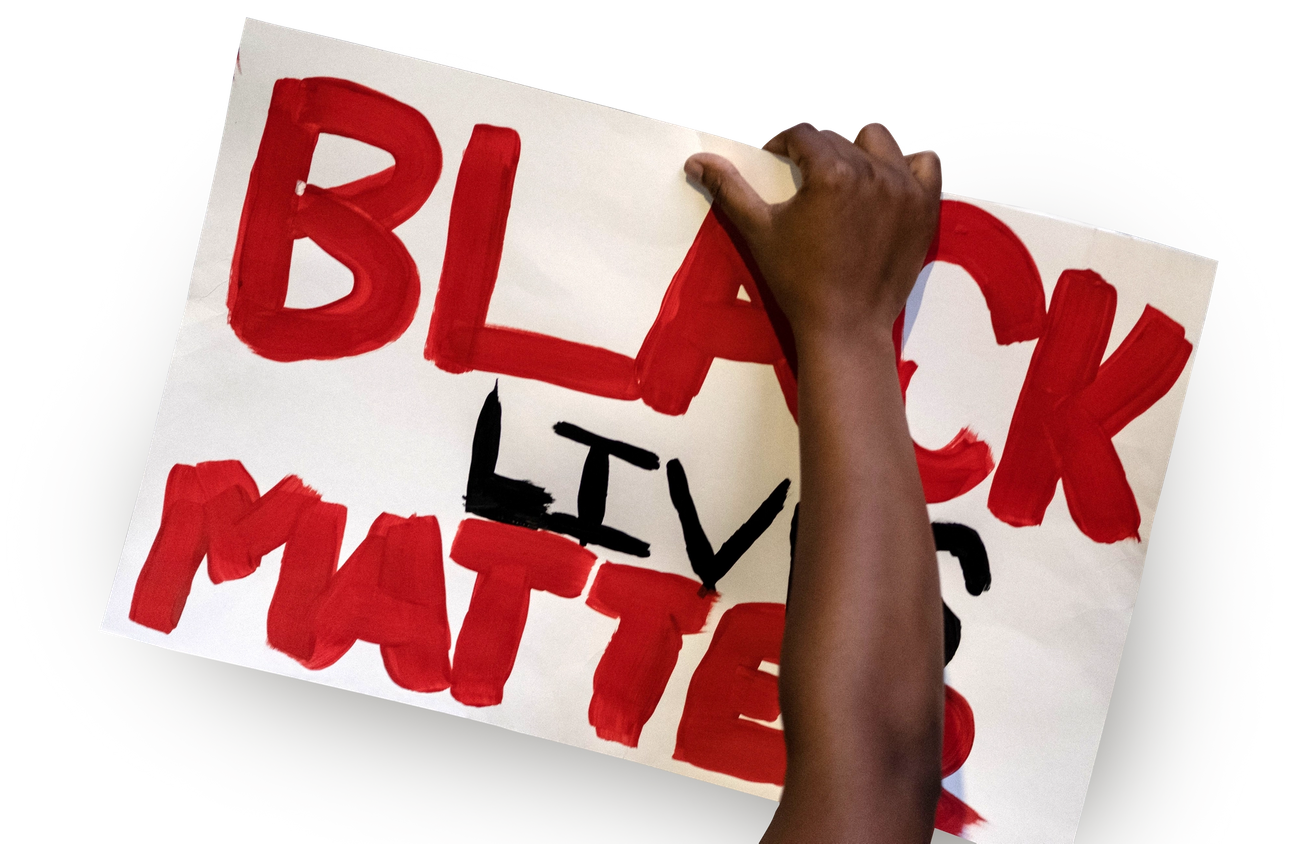What the Protesters Need to Win
Without coalition building, organization, and participation from all walks of American life, neither Black Lives Matter nor any other protest group will produce the hoped-for change




I am writing on the seventh day of the protests following the police killing of George Floyd. The protesters are responsible people, good citizens (plus a few others). They express a morally necessary anger. But I doubt that they will produce the changes they (and I) hope for.
Racism is deeply entrenched in American life, institutionally established at both national and local levels. It won’t be overcome by the current versions of liberal and left politics. The Civil Rights Movement of the 1960s won important victories because the Baptist preachers and the students sitting-in recognized the need for a coalitional politics. The religious leaders who marched in Selma represented Protestant, Catholic, and Jewish organizations with large numbers of activist members. Union leaders like Walter Reuther joined the marches. The Northern youngsters who picketed Woolworth stores (I was one of them) were joined together in the Northern Support Movement. SNCC and SDS worked closely together, at least in the beginning. Martin Luther King and his associates spoke in a language that resonated with and inspired Americans of every race and class.
Things have been very different in the years since. The black nationalists of the late ’60s were go-it-aloners; theirs was a proud but dead-end politics. The language of its leaders was never meant to attract anyone who wasn’t black. It didn’t attract all that many who were. In the class and racial coalitions that elected four Democratic presidents—Johnson, Carter, Clinton, and Obama—and produced Medicare, immigration reform, and the Affordable Care Act, black Americans were always expected, always counted on, and always present. No liberal or left politics was possible without them. But white Americans have not been part of a coalition consistently and actively opposing racism. We have marched whenever there were marches, but we have not produced a strong organizational presence. The old Civil Rights Movement of the ’60s suffered a strange, mostly undocumented, dissolution.
Consider the most celebrated civil rights organization of the last decade: Black Lives Matter. Given the police killings currently being protested, BLM doesn’t look like much of a success; it was greatly admired, and mostly ineffective. Why was that? BLM was proudly leaderless and decentralized—much like Occupy Wall Street, which was also and for those very reasons, politically unsuccessful. That, however, is only part of the story.
Many whites, young and old, joined in the demonstrations that BLM organized, but they didn’t organize themselves—or try to organize the obvious partner organizations: Hispanic Lives Matter, Native American Lives Matter, even White Lives Matter. The proportion of black Americans among people killed by the police is almost exactly twice the proportion of blacks in the population. Still, the largest numerical group of Americans killed by the police consists of middle-aged white men (see Franklin E. Zimring’s When Police Kill). They would, no doubt, be hard to organize, but the attempt would definitely be worthwhile. BLM will never win by itself; minorities need friends—even if the friendship is hard to ask for. Indeed, given American history, it should not be necessary to ask; the friends should come forward on their own. Yes, BLM should be recruiting organizational allies; more important, though, the rest of us should be volunteering.
Police unions notoriously defend racist and brutal cops. Years ago, however, leftist organizers helped create those unions, and it must be true that many of their members are ashamed of police killings and anxious for their own reputations. Today the labor movement generally and union activists particularly should be demanding that the police unions stand with workers black and white against racism. Again, that’s not immediately likely, but it should be union work to create that unlikely coalition—and the work would also help bring union and civil rights activists closer together. Reading The New York Times and watching TV, I haven’t seen a single union leader quoted about the Floyd killing. And these are men and women who know something about organizing and about the connection between discipline and solidarity.
White Americans have marched whenever there were marches, but we have not produced a strong organizational presence.
One night on television, I saw a motto painted on a wall: “Save a life; kill a cop.” The guy spraying the paint must have been committed to his own defeat; his was another dead-end politics. The other protesters should protest that perverse commitment. Still, there have to be organized liberal and left efforts to change police behavior before we can speak with any authority against militants who call cops “pigs” and deliver death threats. (No, that’s wrong; anyone can call out the stupidity of those militants.)
Building a white/black coalition against racism also requires a better way of talking about violence and looting. According to reliable witnesses (Arthur Waskow quotes them in his Shalom report of May 31, 2020), much of the looting in Minneapolis-St. Paul was the work of right-wing “accelerationists”—white fascists who want to hurry along what they think is an inevitable race war. They are easy to condemn. But our own thugs, working alongside the protesters or following after them, are also part of the story, and the standard left response is woefully inadequate. It goes something like this: “Of course I am against looting, but we should always remember that the large-scale looting of America is the work of predatory capitalists.” Well, yes, always remember that. But the predatory capitalists are not likely to be our allies in the fight against racism, while the immigrant shopkeepers, the owners of small businesses, even the managers and salespeople of the chain stores—they would probably be ready to march against police brutality if they weren’t busy defending their livelihood or searching in the rubble for whatever can be saved. In the long-term struggle against racism, the lower middle class, commonly disdained on the left, is also a necessary ally.
What the protests so far have shown is an impressively massive but radically disorganized or, better, unorganized politics, good-hearted, morally right, but without the social range, the organization, or the unity necessary to win. It would be a big mistake to celebrate the protests while refusing to talk about what’s missing.
Michael Walzer is professor (emeritus) at the Institute for Advanced Study in Princeton. He is the author of Just and Unjust Wars and The Paradox of Liberation, among other books, and the former co-editor of Dissent magazine.